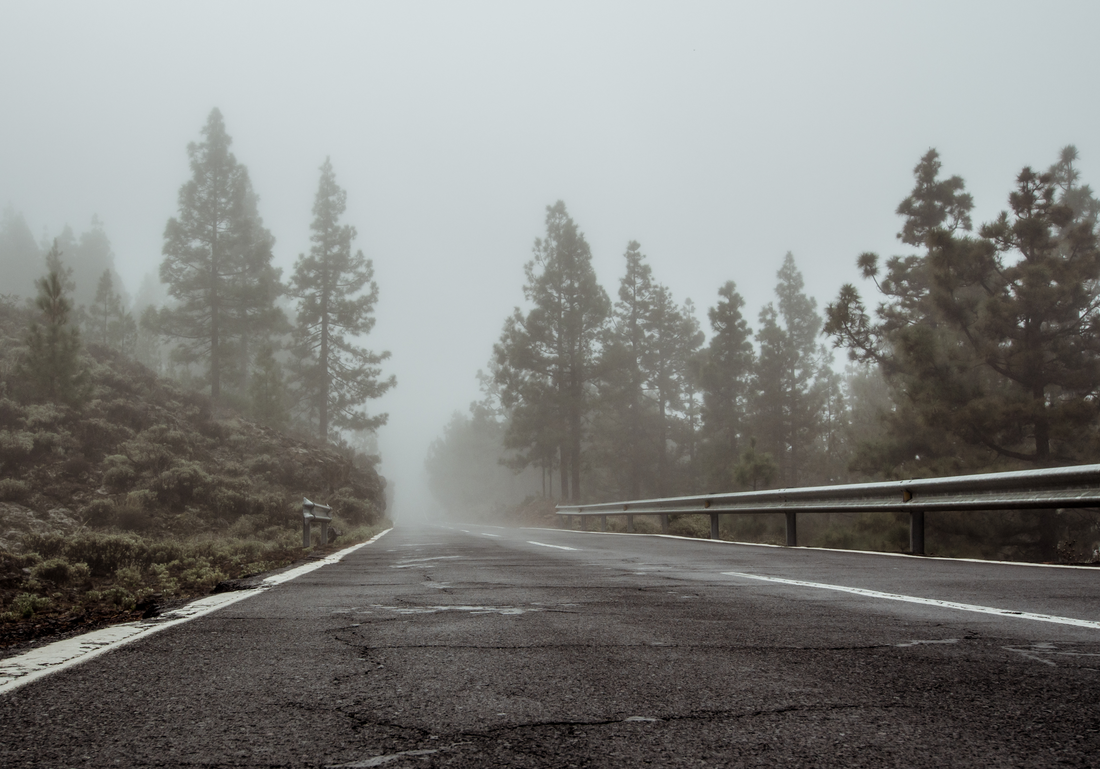AuthorRéné Pallace Archives
July 2022
Categories |
Back to Blog
No Passing Zones2/22/2021 We do not tell stories as they are, I’m not really okay. My morning started badly. I don’t know why some people think you can’t see them when they’re in their cars but the dude in my rear view mirror was pissed. I was just obeying traffic laws, trying to stay out of trouble: 1. No Turn on Red; 2. STOP; 3. Speed limit. If life is like a highway, What the dude didn’t know this morning was my grief. I am feeling wobbly and vulnerable and fragile. The dude couldn’t know. I have nothing outwardly visible showing my grief. Though I am walking slowly and carefully, a crutch wouldn’t help. A cast won’t work either. My wounds are too deep for that. My grief can’t be fixed. I’m trying to work out how to carry it and stay out of its ditch especially while operating heavy machinery. My grief these days is an unwelcome and uncomfortable but not unexpected tutorial. We’ve lost a beloved family member. We cannot gather to celebrate her life and legacy. Without the customary rituals and my community, I’m struggling to process and accept that our dear one has returned her stardust to the universe. I’m grieving in the space where I know so many others are stuck as well. Still, griefs are not to be compared. Grief is a brilliant brutal teacher. And this is what I know and am relearning: When we die, the hardest thing our people do is not fear. When we die, the hardest thing our people do is to grieve. When we die, the hardest thing our people do is to live. If happiness is as skill, so is unhappiness.” I just proved that writing is the most effective therapy for working through grief. Rereading the above, I admit that I am stuck. I am slowed down miserably and completely experiencing this grief. I am stunned and I am proceeding with extreme caution. Above all, I must prevent further damage. Grief has its own time and space and cannot be hurried. Grief demands that I understand my wobbly, my vulnerability, my fragility. In order to heal you have to remember and remembering hurts. When you are sorrowful I value the principle that ‘nobody gets to be wrong’ in my professional grief practice more than anything else. Knowing that truths are rarely absolute, we also know that what we resist will persist. Only we know what we heard, how we felt, and why we cry. Grievers know what they know. Articulating and opening to our experience helps us to take agency for what is happening to us. Sharing our grief enables us to hear what we feel and so helps us to build structure around our disappointments and our broken heartedness. Let be. Let go. Let in. It is wickedly hard to grieve and there simply is no way to do it wrong. Working on grief is hard and lonely and scary but you do not have to suffer it alone. Merging onto the highway, you must accelerate to the pace of the road. Rumble strips alert us to danger. Exiting the highway is how you get to your destination. “You are never strong enough that you don’t need help.” Cesar Chavez. I and many others know grief and we are ready to to be of service to support you at B'More Good Grief. I am inspired by Dr. Carl Rogers, the humanistic psychologist, and his method which he called Unconditional Positive Regard. “Before every session I take a moment to remember my humanity. There is no experience that this man has that I cannot share with him, because I too am human. No matter how deep his wound, he does not need to be ashamed in front of me. I too am vulnerable. And because of this, I am enough. Whatever his story, he no longer needs to be alone with it. This is what will allow his healing to begin.” If we define our spirituality This pandemic is our communal catastrophe. I’m so sorry that I don’t know if the dude in my rear view mirror was or is okay. Or if that dude is grieving just like me. And I really want to know how are you, really?
0 Comments
Read More
|
 RSS Feed
RSS Feed
